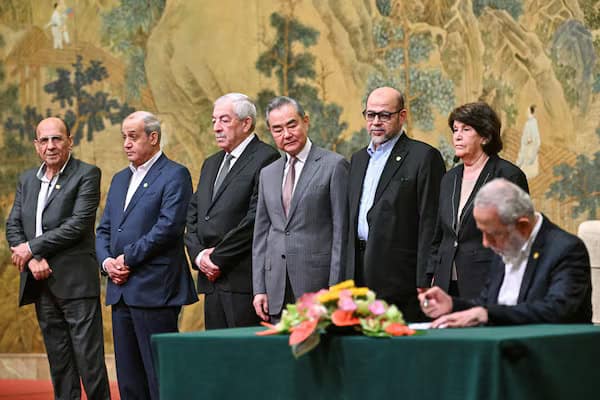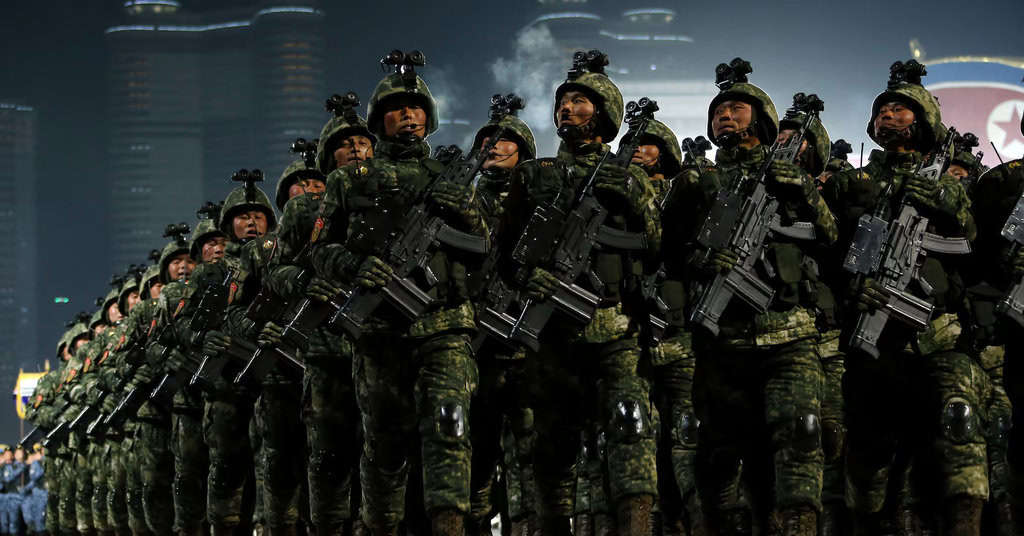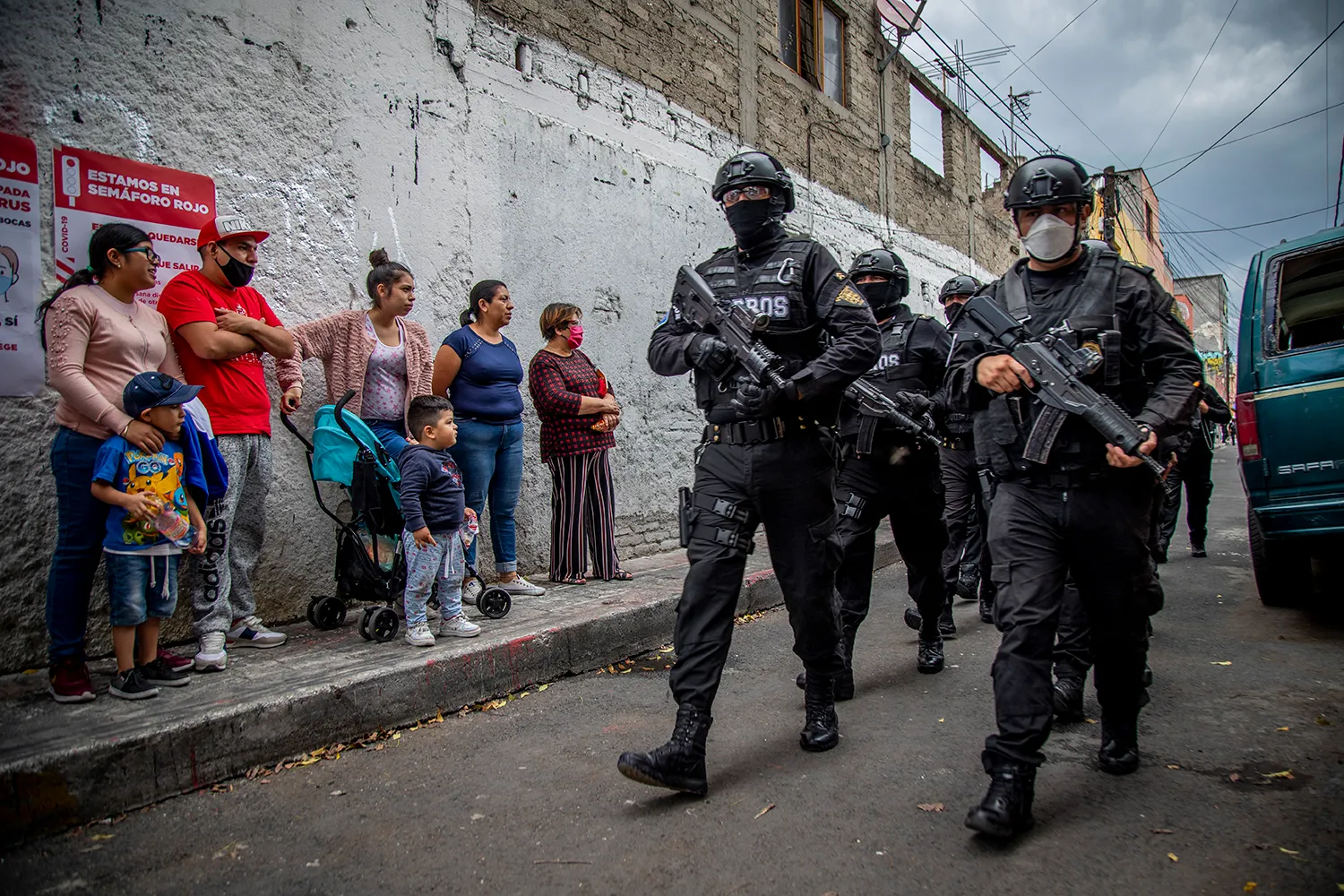A Significant Diplomatic Move
In a notable diplomatic effort, several Palestinian factions, including Hamas and Fatah, have signed a “national unity” agreement in Beijing. This move underscores China’s growing influence as a mediator in a region traditionally dominated by U.S. diplomacy. The agreement seeks to bridge internal Palestinian divides and lay the groundwork for a unified governance structure in Gaza, even though the ongoing war with Israel remains unresolved due to Israel’s rejection of Hamas and the Fatah-led Palestinian Authority as negotiation partners. This historic signing followed three days of intensive reconciliation talks involving 14 Palestinian groups.
Historical Context of Reconciliation Efforts
Past attempts at reconciling Palestinian factions have repeatedly faltered. However, the persistent conflict in Gaza has rekindled these efforts. Earlier this year, Hamas and Fatah held discussions in China, following a similar meeting in Russia in February, aiming to address their long-standing rivalry that dates back to 2007 when Hamas seized control of Gaza from Fatah officials.
Hamas and Fatah have been political adversaries for decades, vying for leadership within the Palestinian Authority and the broader liberation movement. The rivalry intensified following Hamas’ victory in the 2006 legislative elections, which led to violent clashes and Hamas’ eventual control over Gaza. Currently, Hamas governs Gaza, while the Fatah-led Palestinian Authority manages the West Bank.
Key Players and International Interest
The “Beijing Declaration to End the Division and Strengthen Palestinian National Unity” was signed on July 23rd in Beijing, witnessed by notable figures including Mahmoud al-Aloul, Vice Chairman of Fatah, Chinese Foreign Minister Wang Yi, and senior Hamas official Musa Abu Marzuk, along with representatives from 12 other Palestinian factions. The event also saw attendance from Egypt, Algeria, Russia, and international observers, highlighting the global interest in Palestinian unity.
Musa Abu Marzuk underscored the significance of national unity during the proceedings. The deal’s signing marked a pivotal moment, with China asserting a prominent role as a mediator in Middle Eastern conflicts, contrasting with the U.S.’s more partisan approach.
China’s Expanding Diplomatic Role
China’s involvement signifies its broader ambitions to be a peace broker in the Middle East. Chinese leader Xi Jinping has advocated for an international peace conference to resolve the Gaza conflict. China supports the Palestinian cause and the two-state solution, presenting itself as a neutral actor compared to the U.S.
China’s mediation efforts are part of its strategy to promote peace and stability in the Middle East, bolstering its status as a major global player. This is evidenced by its facilitation of rapprochement between Saudi Arabia and Iran, further showcasing its diplomatic prowess.
Components of the Unity Agreement
Wang Yi described the unity deal as an agreement to jointly govern Gaza post-conflict. He emphasized the importance of international support for Palestinian reconciliation. Mustafa Barghouti, General Secretary of the Palestinian National Initiative, outlined the agreement’s main components:
- Formation of an interim government
- Creation of a unified Palestinian leadership ahead of elections
- Free election of a new Palestinian National Council
- General declaration of unity
These elements aim to counter Israeli efforts against Palestinian interests and foster a unified Palestinian front.
Challenges and Divergent Views
While the unity agreement represents a significant step towards Palestinian reconciliation, substantial challenges remain. Key differences persist between Hamas and Fatah, particularly regarding strategies to address the Gaza conflict—Hamas advocates for armed resistance, while Fatah favors peaceful negotiations.
Israel’s skepticism towards the agreement is another major hurdle. Israeli Foreign Minister Israel Katz criticized Palestinian Authority President Mahmoud Abbas for collaborating with Hamas, reaffirming Israel’s intent to maintain control over Gaza post-conflict.
As the agreement progresses, the focus will be on the factions’ ability to sustain unity and govern effectively with international support.





